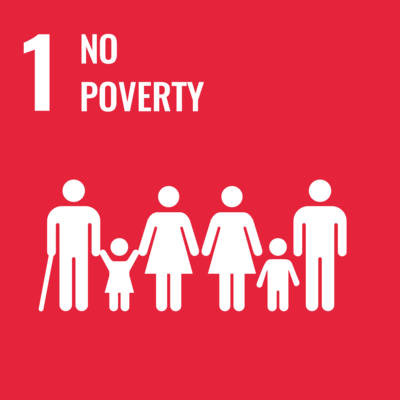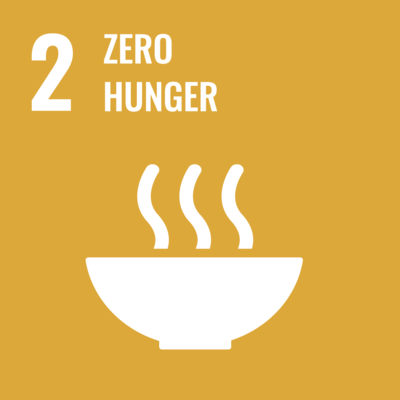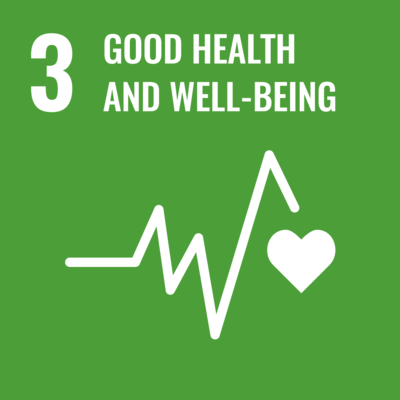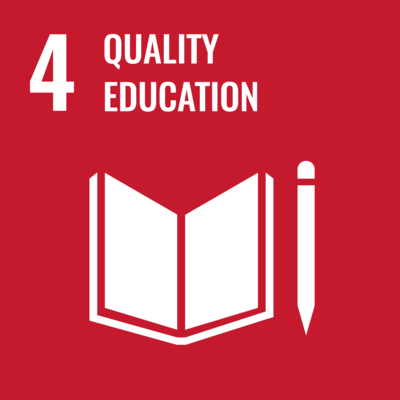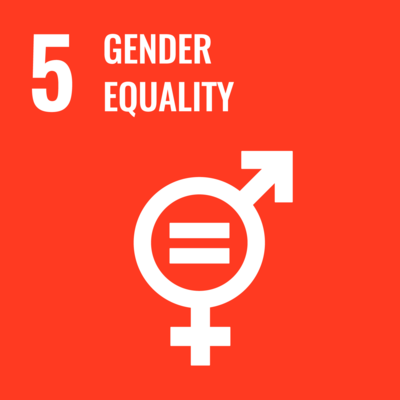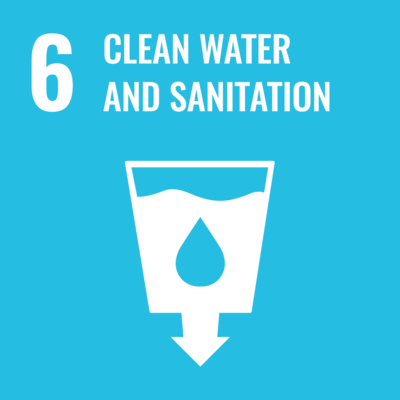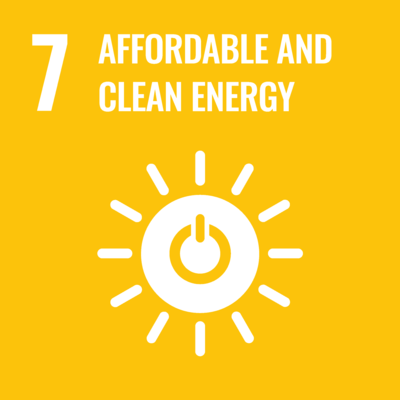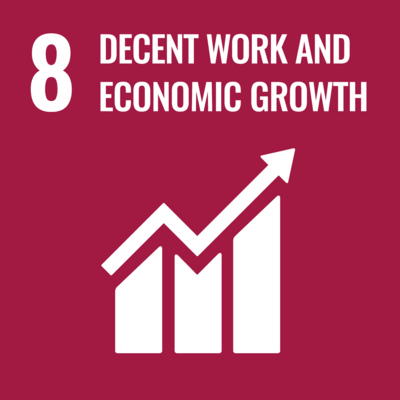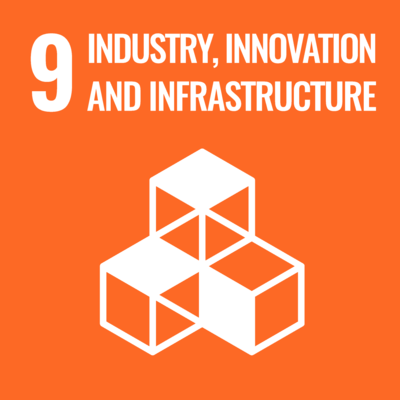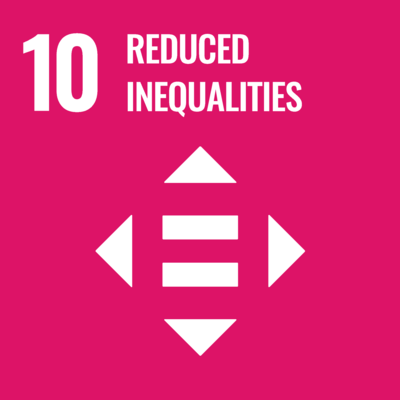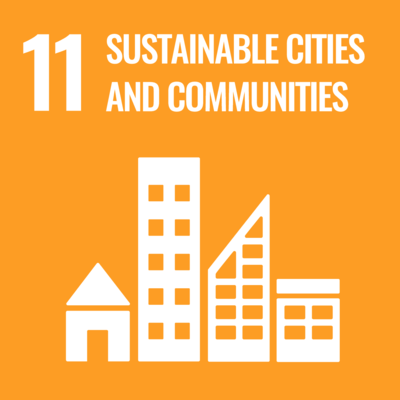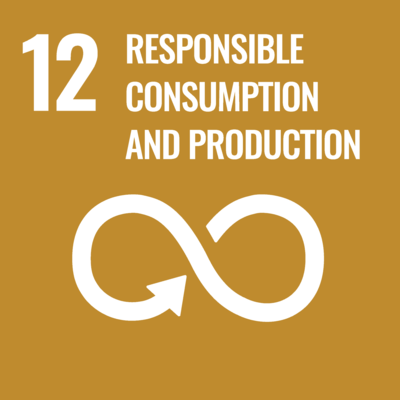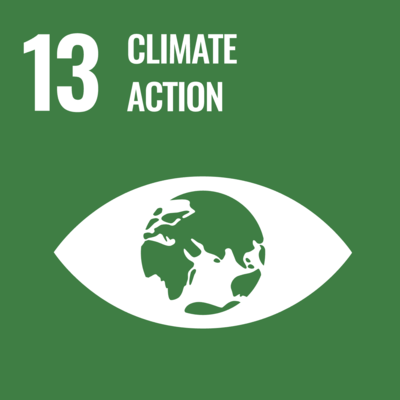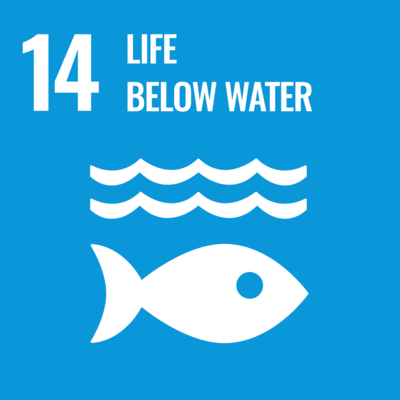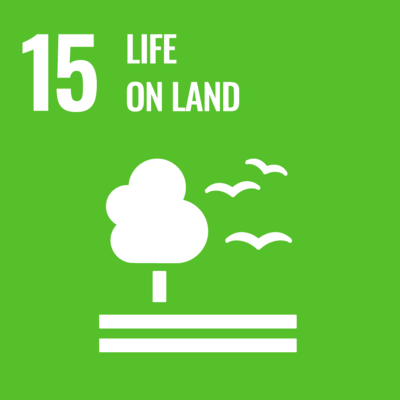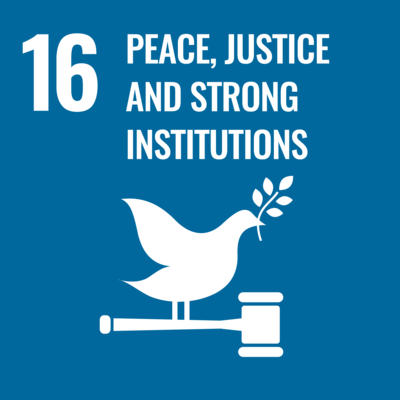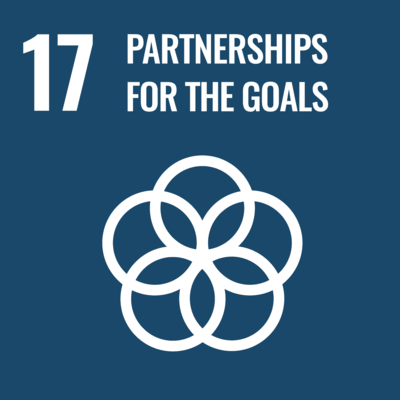SDG 16.3.3 Participation in government research
NCUE comprises seven colleges: Arts, Science, Engineering, Education, Management, Technology and Vocational Education, and Social Sciences and Physical Education. All colleges actively participate in government policy research projects to develop key policies or assist government departments in formulating policies and implementing strategies.
According to statistics, in 2023, 144 NSTC projects (excluding industry-academia projects) were carried out with a total fund amount of NTD$137,504,710, and 5 industry-academia cooperation projects were carried out with a total fund of NTD$4,988,342. (For details, please refer to https://rndweb.ncue.edu.tw/p/426-1005-23.php).
In 2023, 16 faculty members from NCUE executed a total of 16 projects for government departments. Additionally, NCUE's Innovation and Incubation Center assisted the Ministry of Economic Affairs in planning and implementing the "Academic Assistance for SME Technology Care Program" and the "Industrial Park Industry Guidance and Innovation Program". The details are as follows:
1. Four faculty members Executed four government projects of examining “Reducing Inequality” policies:
(1) Assistant Professor Hsu Tsu-hsuan from the Graduate Institute of Rehabilitation Counseling is leading a National Science and Technology Council project from 2023/04/01 to 2024/03/31, titled “Frontline Positions for People with Physical Disabilities: Perspectives of Employers from Tourism and Hospitality Industries.”
This study adopts a mixed-method approach combining qualitative and quantitative research. Its purpose is to explore tourism industry employers' views on the employability of individuals with physical disabilities and their willingness to provide relevant vocational training and employment opportunities. Due to limited discussion on related issues domestically, the researcher aims to remind participants of the importance of corporate social responsibility and raise their awareness about employing people with disabilities through the research process. The research findings can also enable experts from different fields to move beyond traditional vocational training approaches that focus on functional limitations when assisting young students and adults with disabilities in exploring career options. Instead, they can make overall plans based on self-direction, vocational interests, and abilities, effectively increasing labor market participation rates. Ultimately, through the research process and publication of results, the study aims to provide experts and practitioners in related fields—such as high school transition services, social work, lifelong education, and vocational rehabilitation— with expanded insights into employment guidance research for people with disabilities in different industries.
(2) Professor Lin Chien-lung from the Department of Physics is leading a National Science and Technology Council project from 2023/08/01 to 2024/07/31, titled “Science popularization activities: Caring for disadvantaged students in outlying and native rural areas, and place-based innovative science popularization exploration activities and promotion (Theme 4).”
The main purpose of this project is to support disadvantaged students in rural and indigenous areas. It aims to promote the local features, historical traditions, and lifestyles of rural and indigenous areas through emerging technologies, teaching aids and models, curriculum design, and innovative science inquiry challenge activities. This approach encourages students to engage in hands-on scientific inquiry, enhancing their sense of place, cultural identity, and the connection between ancestral wisdom and science, thereby fostering literacy and interest in emerging technologies and science. The project brings together university professors specializing in physics, chemistry, and biology to offer a series of inquiry-based courses and activities. Through interdisciplinary integration, it aims to help primary and secondary school teachers, students, and the general public understand the scientific spirit inherent in ancestral wisdom and daily life, recognize scientific inquiry methods, maintain a positive attitude towards emerging technologies, and create a positive influence on rural and indigenous groups.
(3) Professor Hung Lien-hui from the Department of Physics is leading a National Science and Technology Council project from 2023/08/01 to 2024/07/31, titled “Improvement of scientific literacy and scientific practical ability for vulnerable students.”
The project cooperates with the Homerun Science Team from the National Changhua University of Education to deepen science education in various townships in Changhua County and Yunlin County. Generally, the project combines human resources and assets from the National Changhua University of Education, the Natural Sciences Guidance Team, county governments, and primary and secondary schools, with a particular focus on disadvantaged students in rural areas to cultivate their interest in science learning and creativity. Seven types of scientific activities are organized:
(a) Changhua-Yunlin-Chiayi Science Express.
(b) Changhua County Public Science Day.
(c) Science HomeRun Creative Competition.
(d) Science Open Fun Day.
(e) Science activities for dropout students.
(f) Science Home Delivery.
(g) HomeRun Science Camp for disadvantaged children.
With the 12-year Basic Education Curriculum about to be implemented, the project encourages students to "learn science by doing", stimulating their creativity and fostering their ability to cooperate in problem-solving through independent thinking.
(4) Professor Keng Chuan-fu from the Department of Biology is leading a National Science and Technology Council project from 2023/08/01 to 2024/07/31, titled “Popular science activities: Science x Volunteer,Love & Knowledge,Never Stop IV.”
Responding to the National Science and Technology Council's call to fulfill social responsibility by transforming science education for rural students, this year's project team has expanded to include 32 university volunteer professors from seven schools, specializing in biology, physics, chemistry, and applied technology. The project focuses on providing science experiment guidance for rural and indigenous junior high and elementary schools in central Taiwan. By translating research results, the team designs interesting science experiment courses. On one hand, they provide long-term on-site science guidance for students, promote creative and interesting experiments, and encourage participation in science fairs. On the other hand, they organize science camps in rural and indigenous areas during winter and summer vacations, invite students to visit universities and conduct experiments to broaden their horizons, and engage local teachers and community enthusiasts to join the volunteer team. This approach implements the social responsibility of localizing science education, laying foundations, and deepening local engagement.
2. Two faculty members assisted the government in executing two research projects focused on "Health and Well-being" policies:
(1) Associate Professor Wang Hsin-min from the Graduate Institute of Sports and Health is leading a National Science and Technology Council project ffrom 2023/08/01 to 2024/07/31, titled “The effect of hamstring muscle characteristics during different ACL screening tests.”
This research focuses on youth sports health issues of social concern, comparing the differences in thigh muscle activation when performing various movements. Public health and exercise have always been a core focus of government sports policies, not only increasing the value of sports-related products but also reducing related medical expenses. Additionally, preventive sports medicine has been a key research area in advanced countries. This study aims to comprehensively understand thigh muscle characteristics during different exercises, with the expectation of future preventive interventions to reduce sports injuries.
(2) Professor Huang Chiung-jung from the Graduate Institute of Education is leading a National Science and Technology Council project from 2023/08/01 to 2024/07/31, titled “A Meta-Analysis of Fear of Missing Out and Technological Addiction.”
Due to the rapid rise of digital technology, the Fear of Missing Out (FoMO) has become a significant reason for people's constant use of digital technology. Many empirical studies have explored the relationship between FoMO and technology addiction, including social media addiction, smartphone addiction, and internet addiction. Most studies support a connection between FoMO and technology addiction. Although many empirical studies have supported this relationship, findings across studies are inconsistent. Currently, no research has synthesized these empirical findings and estimated the average relationship between FoMO and technology addiction. Therefore, this study will use meta-analysis to integrate the average relationship between FoMO and technology addiction, and use moderating variables to explain inconsistencies in empirical research results. By exploring potential causes of technology addiction, the research results will help design strategies to prevent technology addiction caused by FoMO.
3. Eight faculty members assisted the government in executing eight research projects focused on "Quality Education" policies:
(1) Professor Liu Shih-hsiung from the Center for Teacher Education is leading a project from 2023/08/01 to 2024/07/31, titled “Development and application of the online model of lesson preparation, classroom observation and post-teaching debriefing among teachers.”
To meet the needs of the new curriculum guidelines and Growth in teacher profession, this research improves on previous issues and applies novel technologies to propose an “Online Model for Lesson Preparation, Observation, and Discussion” that matches the needs of Taiwanese teachers to participate in and promote training activities for the teaching profession. The project is designed to develop, differentiate, and promote applications over three years. During the first year of the project, the focus is on developing the online model and exploring its effects on the efficacy of self-efficacy. During the second year of the project, the focus is on the comparison of online and in-person lesson preparation, observation, and discussion and teachers’ opinions toward the two preparing approaches. During the third year of the project, the focus is to explore the value of learning pedagogical knowledge through the promotion and implementation of online lesson preparation, observation, and discussion. This annually developed model has the benefit of improving current issues, allowing teachers to experience the perceived benefits of community participation, and is expected to enhance teachers' sense of teaching self-efficacy, potentially serving as a reference for educational policies.
(2) Professor Chang Shu-hsuan from the Department of Industrial Education and Technology is leading a National Science and Technology Council project from 2023/08/01 to 2026/07/31, titled “Technology imagination of university students: scale development, measurement invariance, and its application in management education.”
This research aims to develop a "Technological Imagination Scale" suitable for university students and explore the cultivation of technological imagination among business school students. Theoretically, the research results will contribute to imagination cultivation by proposing a new construct "technological imagination" (which can serve as a key antecedent in exploring the cultivation of the three Cs: creativity, innovation, and entrepreneurship), developing a measurement tool for "technological imagination", and conducting research on interdisciplinary innovative and entrepreneurial talent cultivation. Practically, the courses, teaching materials, assessment tools, and research results developed in this project can be applied and promoted to schools at various levels, making concrete contributions to imagination and interdisciplinary innovative and entrepreneurial talent cultivation. Furthermore, this imagination cultivation course can be internationalized, exported to international education, demonstrating Taiwan's international influence and serving as a niche in international educational competition. Thus, this research has synergistic effects of theoretical innovation and practical application.
(3) Professor Lin Su-ching from the Graduate Institute of Education is leading a National Science and Technology Council project from 2023/08/01 to 2025/07/31, titled “Applying Relational Systems Evaluation, Developmental Evaluation, and Five-level Model Approaches to Assess the Teacher Professional Development Interventions’ Effects on Students’ Learning.”
This two-year project aims to explore the relationship between teacher professional development programs and student learning. During the first year of the project, the focus is on teacher professional development. The project centers on Process Oriented Guided Inquiry Learning (POGIL) and Evaluative Capacity Building (ECB) as the main axes of the teacher professional development program (T-Pogil-RseP1). Through cross-school professional learning communities, it explores POGIL-related theories and practices, applying the learning to develop experimental teaching programs for students (S-POGILP) in the second year. Through the ECB process, it enhances participants' program evaluation knowledge and skills, applying this learning to plan the evaluation proposal for S-POGILP.
During T-Pogil-RseP1 implementation, Developmental Evaluation (DE) and the Five-Level Model (FLM) are applied through the "T-Pogil-RsePed" online platform mechanism, providing timely feedback, continuously adjusting program contents and activity types. It assesses participants' professional growth stages, including their reactions to the program, learning, application of learning in program development, and evaluation design.
During the second year, we will implement S-POGILP experimental teaching and apply the developed evaluation proposal to assess its impact on student’s academic achievement in physics and chemistry and their 5C abilities. Continuing the DE and FLM evaluation models, the second-year teacher professional development program (T-Pogil-RseP2) assesses teachers' professional growth in teaching practice and evaluation processes, including organizational support, application (teaching and evaluation practice), and student learning outcomes.
In the first year of the project, we will recruit two junior high school principals and six science teachers, adopting a mixed-methods research design. Data collection and analysis will include both qualitative and quantitative components.
The mid-term research results for the first year are as follows:
(a) For the POGIL part:
i. All participants agree on the appropriateness of T-Pogil-RseP planning, finding the program content substantial and the themes and activities very practical, especially the establishment of the T-Pogil-RsePed website platform.
ii. Participating teachers are satisfied with the implementation of T-Pogil-RseP and provide very positive feedback on these activities.
ii. The teaching belief scale shows a shift from "teacher-centered" to "student-centered" beliefs from pre-test to post-test.
iv. The post-test percentage of correct answers in the cross-domain POGIL cognitive test is significantly higher than the pre-test, indicating an improvement in teachers' cross-domain POGIL knowledge.
(b) For the ECB part:
i. Participants have high satisfaction with ECB and provide positive feedback.
ii. Significant improvements are seen in evaluation thinking, cultural competence, and evaluation skills.
iii. The developed school-based curriculum evaluation indicators respond to RSE theoretical perspectives and demonstrate the characteristics of school-based curricula.
iv. Participants believe that compared to traditional linear evaluation models, RSE emphasizes the dynamic nature of programs, allows for flexible adjustments, focuses on program context, and uses a comprehensive perspective to understand programs deeply. However, there are still limitations in practical teaching applications that need to be overcome.
(4) Professor Wen Mi-chun from the Graduate Institute of Science Education is leading a National Science and Technology Council project from 2023/08/01 to 2025/07/31, titled “A study of teacher identity, teaching efficacy and curriculum development of high school STEM teachers of communities of practice.”
This project focuses on teacher communities, starting from the problems, difficulties, or current situations each community encounters. It implements action research to promote STEM curriculum development and teacher teaching efficacy. The project is expected to provide participating teachers with systematic professional development, including teacher identity , improving STEM teaching efficacy, and advancing even professional knowledge and skills in curriculum development and assessment design. For students participating in STEM curriculum implementation, it is expected that they will learn integrated knowledge and skills different from single-subject teaching, which can serve as preparation for the interdisciplinary abilities needed by future citizens. Simultaneously, this research is expected to present successful examples of STEM teaching professional growth for reference. It can also help provide feasible curriculum directions for the challenges brought by the 108 Curriculum Guidelines to various STEM fields. After professional growth, STEM teachers can also serve as leaders in STEM education, spreading their teaching enthusiasm to broader educational fields.
(5) Professor Chin Er-tsong from the Graduate Institute of Science Education is leading a project from 2023/08/01 to 2024/10/31, titled “The Instructional Design of Integrating Creative Problem Solving with Mathematical Writing into Senior High School Mathematics and its Influence on High Achieving Students' Mathematical Literacy.”
This project responds to the phenomenon of a sharp decrease in the performance of high-achieving Taiwanese students in mathematical literacy as shown in recent PISA assessment results. It designs innovative CPS mathematical writing teaching activities for high-achieving high school students. Using a rigorous quasi-experimental research design with a control group using traditional lecture-based teaching, it examines whether this innovative teaching design can effectively improve the mathematical literacy of these high-achieving students through pre- and post-tests of mathematical literacy. Due to the paucity of relevant studies in Taiwan, the results of this project should provide concrete suggestions for the mathematics teaching and learning of high-achieving students in Taiwan.
(6) Professor Cheng Meng-tzu from the Department of Biology is leading a National Science and Technology Council project from 2023/01/01 to 2025/12/31, titled “Steering Project of Science Education Practice Descipline for 2023-2025.”
This three-year planning and promotion project focuses on the domain of science education practice. Its goals are to promote the research and development of practical science education products and systems in Taiwan, and to cultivate talent in designing and producing such products. The expected social impact is that the produced practical products will aid in implementing scientific inquiry and practice in the 12-year Basic Education science curriculum and enhance national scientific literacy. Economically, it aims to transform practical products into industrial applications through commercialization processes, successfully entering the market and aiding large-scale promotion. In terms of academic development, product development based on appropriate theoretical and evaluation frameworks will not only provide evidence for product usability and effectiveness but also transform into academic research outputs, enhancing domestic science education research capacity and international visibility.
(7) Professor Cheng Meng-fei from the Department of Physics is leading a National Science and Technology Council project from 2023/08/01 to 2025/07/31, titled “Developing Portable Green Energy Technologies for High School and College Students-Exploring Interdisciplinary Learning in STEM Curriculum.”
From a theoretical perspective, this research helps explore how students engage in interdisciplinary reasoning and learning processes in STEM courses, the impact of different interdisciplinary teaching methods on student reasoning and learning, and how to conduct STEM teaching across different natural sciences and assess interdisciplinary abilities. The interdisciplinary learning process of students is rarely studied due to the difficulties in process and assessment. This research not only provides a framework for curriculum design and different interdisciplinary teaching methods, integrating science, engineering, technology, and mathematics more closely, but also develops new assessment methods to evaluate students' interdisciplinary learning processes and outcomes. From a teaching perspective, this research will serve as a guideline for incorporating green energy technology into curriculum design, which can be further applied to other green energy STEM courses and enhance green energy literacy in university and K-12 education.
(8) Assistant Professor Cheng Chang-hua from the Graduate Institute of Science Education is leading a National Science and Technology Council project from 2023/08/01 to 2025/07/31, titled “Designing, implementing, and evaluating mathematical competency-based learning modules for self-directed learning based on the complex learning model.”
This project aims to revise mathematics self-regulated learning literacy-oriented teaching modules (hereafter referred to as modules) and examine the effectiveness of these modules in enhancing teachers' self-regulated learning instruction and students' development of self-regulated learning. The 12-year Basic Education curriculum emphasizes self-regulated learning as essential for lifelong learning and holistic education curriculum ideals. However, the academic community has limited knowledge about how teachers can teach/guide self-regulated learning in the classroom, with related research still in its infancy. This project integrates a comprehensive learning model to design the modules and develop teacher empowerment programs. Meanwhile, this project also creates assessment tools to evaluate SRL instruction and students' co-regulation, contributing to both curriculum transformation and academic understanding of SRL implementation. The research outcomes will support the transformation and implementation of the 12-year Basic Education's self-regulated learning concept and enhance academic understanding of teachers' SRL instruction, students' co-regulation, and the effectiveness of module implementation.
4. Two faculty members assisted the government in executing two research projects focused on "Affordable and Clean Energy" policies:
(1) Assistant Professor Wu Chia-hsuan from the Department of Industrial Education and Technology is leading a National Science and Technology Council project from 2023/02/01 to 2024/01/31, titled “Designe of a solar power system with ripple compensation and batteries voltage controllable functions.”
This project proposes a solar power generation system that incorporates both ripple compensation and energy storage battery voltage control functions. It focuses on controlling a solar AC power supply system with a parallel energy storage architecture. By using the proposed ripple compensation and power control device, combined with maximum power point tracking (MPPT), excess energy supplied to AC loads can be efficiently stored in batteries. Meanwhile, this device compensates for low-frequency harmonics generated by the inverter, ensuring stable operation of solar modules at their maximum power point. The project employs a battery voltage regulation converter to adjust the battery pack voltage, reducing the voltage difference between solar modules and battery packs. This reduces the current stress on the converter, improving overall system efficiency. Additionally, during nighttime operation, the system uses the battery voltage regulation converter to provide sufficiently high voltage from the battery pack directly through the inverter to AC loads, achieving higher system energy conversion efficiency. Finally, the project will complete a 900W prototype to verify the aforementioned functions.
(2) Professor Huang Wei-tze from the Department of Industrial Education and Technology is leading a National Science and Technology Council project from 2023/08/01 to 2026/07/31, titled “Study on Reconfigurable Networked Microgrids for Enhancing Operation Performance and Resilience of Regional Distribution Networks.”
In response to domestic and international power system instability caused by the high penetration of renewable energy, this project applies the concept of reconfigurable networked microgrid operations to improve distribution network operational efficiency and enhance operational resilience. Each microgrid not only possesses self-sufficiency capabilities but can also assist in power regulation of the distribution network through the public distribution grid. Furthermore, the optimal modes and strategies established for normal operation and contingency scenarios of networked microgrids can provide relevant applications and research for industry, government, and academia. This initiative will aid government efforts in promoting private microgrids and deploying distribution networks that operate as an interconnected microgrid, creating a win-win situation for both power supply and demand sides.
5. NCUE is implementing the University Social Responsibility (USR) Implementation Project organized by the Ministry of Education.
(1) Projects: The third phase (2023-2024) of the University Social Responsibility Implementation Project includes:
"NCUE x Common Good: Deep Cultivation and Advancement of Local Communities", "Beautiful and Treasured Clams in Fangyuan and Dacheng: Sustainable Industry and Environment Project of Changhua’s Two Cities Amid Climate Change", "Ecological Homelands and Urban-Rural Sustainability: A Changhua Ecological Art Project", "Sustainable Changhua: Green Energy Perspective in Education, Technology, and Economy."
(2) Empirical evidence and results: NCUE’s USR projects have unique characteristics. The Teaching Excellence Centre continues to strengthen the support system and encourage faculty members and students to study and propose USR-related research plans on teaching practices and participate in project-based practical courses that can solve local problems. The projects integrate the concepts of corporate social responsibility (CSR) and environmental, social, and corporate governance (ESG) to realize the United Nations’ SDGs, effectively driving faculty members and students to solve local issues for the win–win situations in sustainable development and the circular economy.
This achievement report has been made public, please refer to the USR EXPO website:
NCUE x Common Good: Deep Cultivation and Advancement of Local Communities: https://drive.google.com/file/d/1RAjWp2VrKm8W0VLtgpFQ5Rs6UWwB1CM7/view
Beautiful and Treasured Clams in Fangyuan and Dacheng: Sustainable Industry and Environment Project of Changhua’s Two Cities Amid Climate Change: https://drive.google.com/file/d/1TNv2y3bqe4WNXR9_p_BOd09c7t0MUvAJ/view
Ecological Homelands and Urban-Rural Sustainability: A Changhua Ecological Art Project: https://drive.google.com/file/d/1qMTrN4_jgyMyjzX4jPIzrgo1oZp_x0UI/view
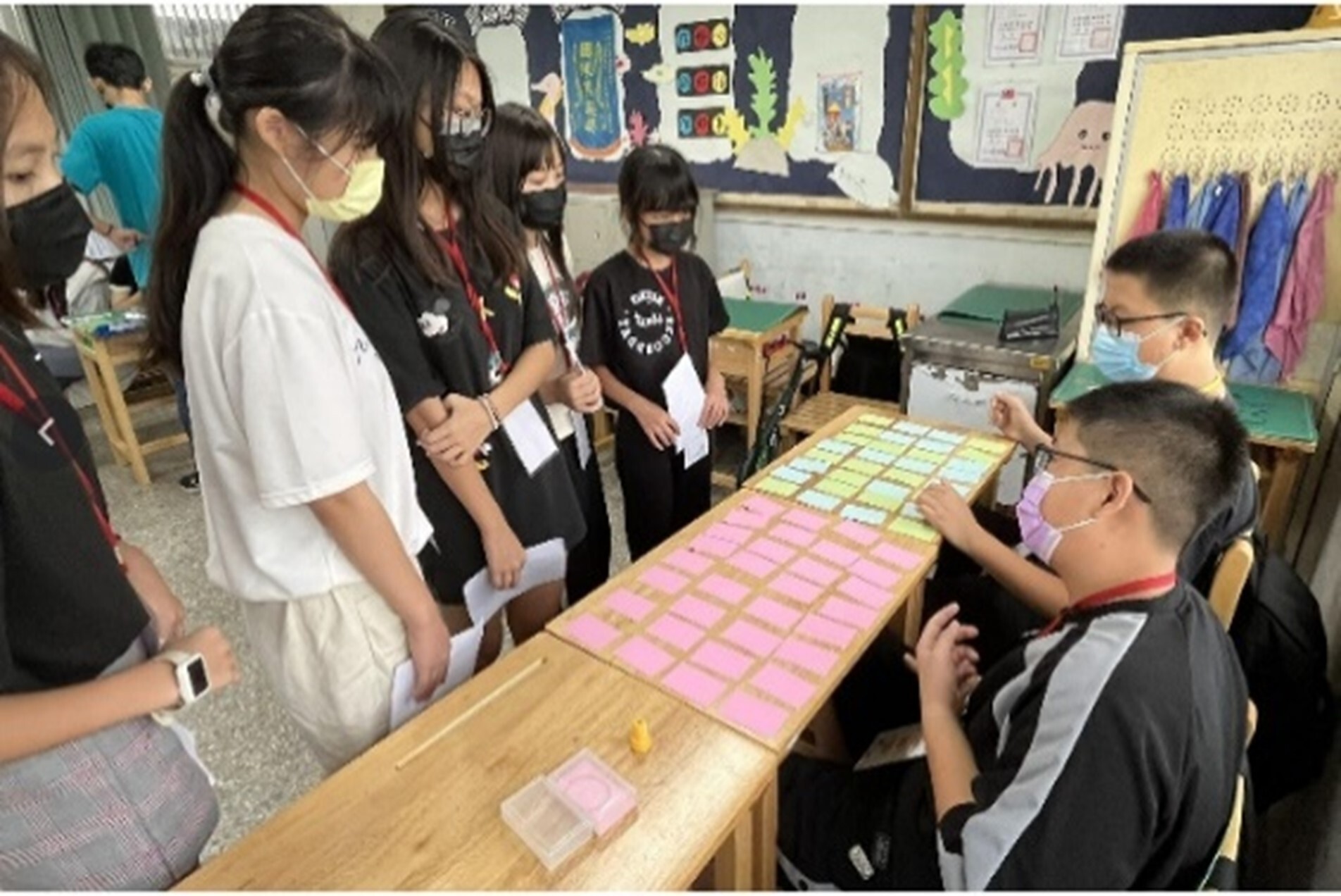
Figure 1: NCUE x Common Good: Wan Xing Junior High School Camp
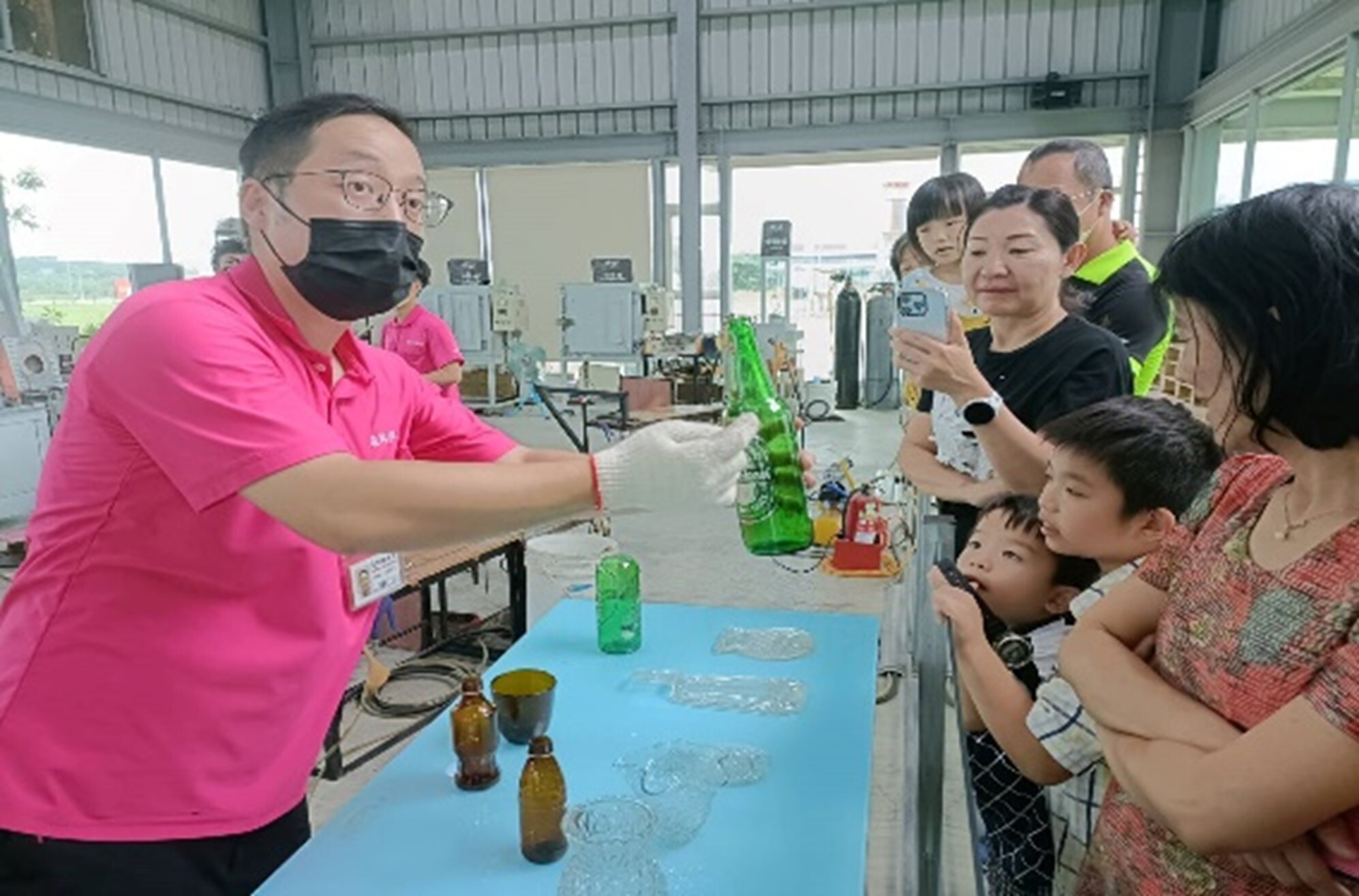
Figure 2: Beautiful and Treasured Clams in Fangyuan and Dacheng: "Marine Waste Art Creation - Repurposing Waste Glass"
6. In 2023 NCUE’s Innovation and Incubation Centre of the Research and Development Department implemented the “Science and Technology Care Project to Support Small and Medium-sized Enterprises” and the “Industry Guidance for Innovation in Industrial Parks Project” to guide local small and medium-sized enterprises in industrial upgrading and help them obtain subsidies from the government. The results of the guidance are as follows:
(1) Science and Technology Care Project to Support Small and Medium-sized Enterprises.
(a) Participating enterprises/experts and scholars/students: 11/9/13.
(b) New product/technology development: 2 cases.
(c) Technical and talent training courses: 2 sessions.
(d) Applications for government subsidies:3 applications, with a total subsidy of NTD$2,400,000.
(2) Industry Guidance for Innovation in Industrial Parks Project.
(a) Participating enterprises/experts and scholars: 50 companies / 4 experts.
(b) Technical guidance: 5 cases.
(c) Technical and talent training courses: 4 sessions.
(d) Productions based on student projects: 3 cases.
(e) Student enterprise internships: 21 Students.
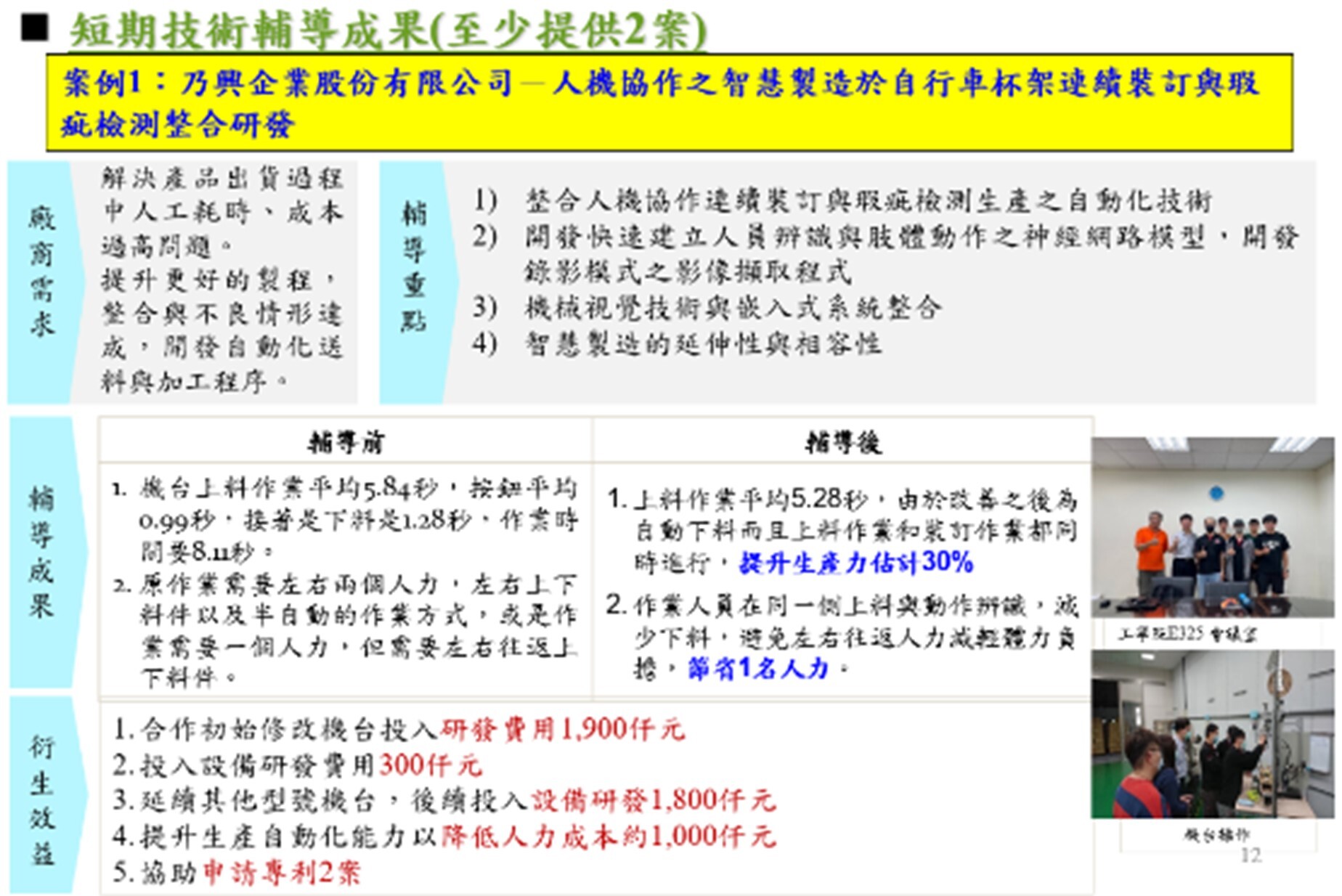
Figure 3: Guidance case –Nuvo Enterprise Co., Ltd.
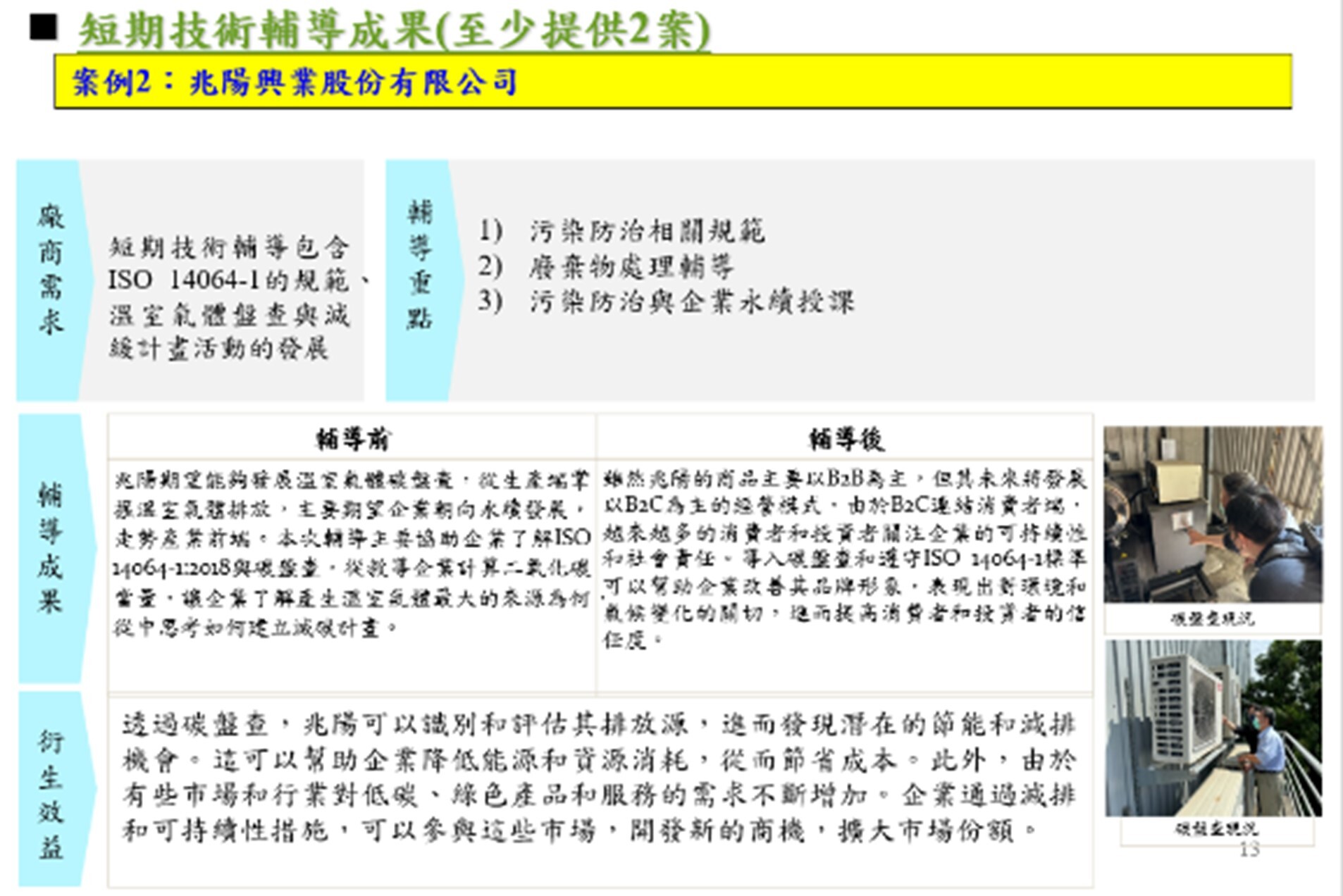
Figure 4: Guidance case –JOU YOUNG Industrial CO., LTD.

